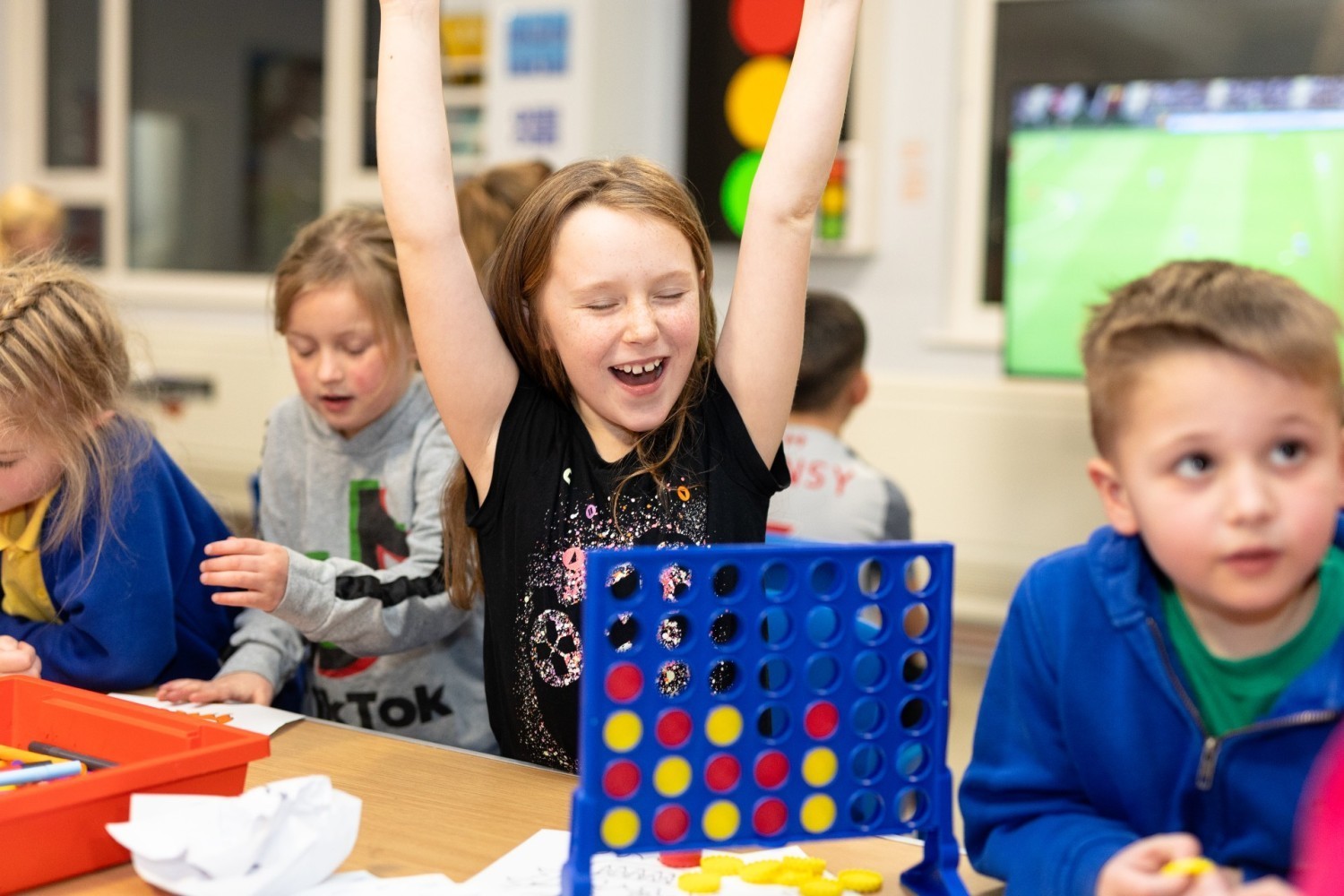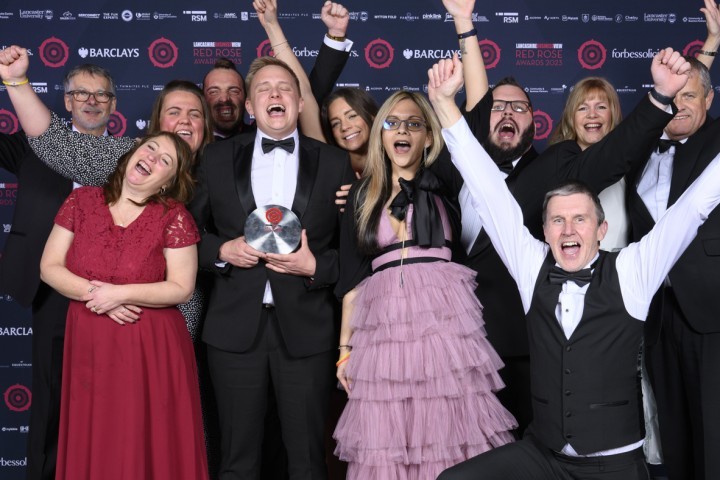The winner of this year’s fiercely-contested Not-for-profit Award is a charity which - at a time when an economic crisis is sweeping the UK - has been able to double its income and support a record number of under-served Blackpool young people.
The Boathouse Youth was launched in a church hall in 2009, staffed entirely by volunteers. In its 2021/22 financial year, it generated £1m income for the first time - doubling its budget from the previous year.
The funds allowed it to provide its educational and recreational services for a greater number of children in deprived areas.
This milestone is even more impressive considering grants and local authority funding only make up 40 per cent of the organisation’s income. The rest is bestowed by patrons, who have pledged in record amounts.
As a direct result of these additional funds, the last three years have seen Boathouse Youth increase its delivery locations from two to seven and grow its team from 15 to 60.
But more importantly, the young people of Blackpool are seeing a real difference. In the same time period, the number of five to 17-year-olds in touch with the organisation has grown from 511 in a year to more than 1,000. The number of contact hours has risen from 45,318 to 76,225.
The commitment to a high quality service has won praise from local MP Paul Maynard, the National Youth Agency, and the Centre for Social Justice, a Westminster think-tank which published a report highlighting the positive impact of its services.
Boathouse Youth is one of the largest providers for the Holiday Activity & Food Programme in Blackpool, and was a key driver in the formation of the new Strategic Youth Partnership in Blackpool, which resulted in Blackpool Council pledging £400,000 a year to much-needed youth services.
The Red Rose Awards judging panel is on the long list of admirers, saying: “Boathouse Youth has a clear and demonstrable impact on its community.
“Its CEO, also the charity’s founder, showed the value of the group and measures value and impact for its attendees.”
Laurance Hancock, chief executive of The Boathouse Youth, said: “We’re delighted to have won this Red Rose Award. Not only does it give recognition for all of the hard work of our fantastic team, but it helps raise awareness of what we do.
“That’s important to us because there is more work to be done. The 1,000 children we reached last year represent just 15 per cent of the 7,000 children who live in poverty in the town.
“We have the potential to do more because our model is fully scaleable, we’re only limited by the funds we have available. More than half of our budget originates from businesses. So in winning this award, we’ve raised our profile, which will help us secure more patrons, and that in turn will enable us to continue expanding the reach of our work.”

Sarah's story
One of the key factors in the success of Boathouse Youth is its team, which includes among its ranks adults who themselves experienced difficult childhoods.
Sarah Lindsay is a prime example. Though she is currently excelling as the organisation’s head of children and young people’s services, she was in her younger years, by her own admission, “a known troublemaker”.
Sarah grew up on the Grange Park Council Estate in Blackpool. With help from extended family she began to correct her course in her late teens, pursuing studies at the University of Central Lancashire where she ultimately achieved a Bachelor of Arts (Honours) in Education and Professional Studies.
It was during these university years that Sarah began volunteering as a leader for the Girl Guide Association and became involved with the Detached Youth Work programme.
Her dedication impressed management so much that she was offered paid employment.
Eventually, this led to being able to help the community that raised her, even going so far as to lead the project to open a new Youth Centre on her former estate. It has since become the organisation’s most active facility.
With Sarah on board, The Boathouse Youth has grown from a charity turning over around £250,000 to turning over in excess of £1m.
She is directly responsible for a team of anywhere between 20 and 60 employees (depending on the time of year) and can take full credit for the organisation’s ability to work with more than 1,000 children and young people living in poverty each year.
Enjoyed this? Read more from Tim Aldred























